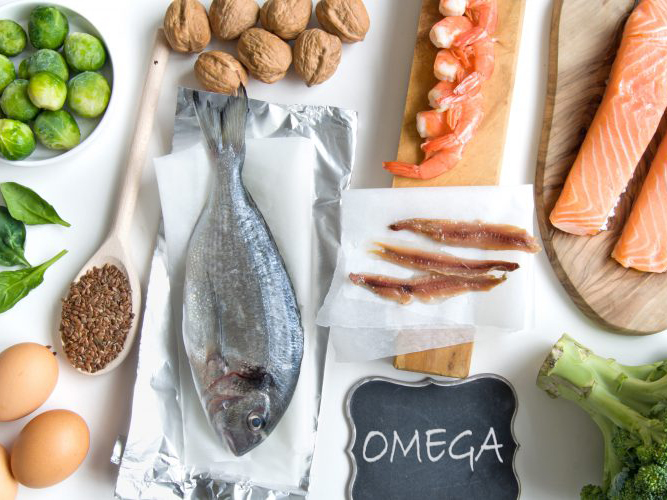Get Easy Health Digest™ in your inbox and don’t miss a thing when you subscribe today. Plus, get the free bonus report, Mother Nature’s Tips, Tricks and Remedies for Cholesterol, Blood Pressure & Blood Sugar as my way of saying welcome to the community!
15+ foods to relieve depression

Doctors want you to believe that depression is some kind of “brain chemical deficiency” and that if you don’t feel good, something is wrong with your brain. This theory has never been proven, and new research shows that it could be inflammation doing the damage.
A new study out of Cambridge University in the U.K. shows “inflammation induces behavioral changes similar to depression that are often associated with illness, including fatigue, difficulty concentrating, lack of motivation and reduced experience of pleasure.”
The food manufacturers and the pharmaceuticals have conspired to deprive us of omega-3s and boost inflammatory omega-6s in our bodies.
To offset the inflammatory effects of the processed foods being forced on you, get several grams of clean, pure omega-3 fatty acids each day.
You can get omega-3s from flax oil, krill oil or fish oil supplements. But you should add the following foods to your diet, according to Dr. Josh Axe, DNM, DC, CNS:
- Mackerel: 6,982 milligrams in 1 cup cooked (174 percent DV)
- Salmon fish oil: 4,767 milligrams in 1 tablespoon (119 percent DV)
- Cod liver oil: 2.664 milligrams in 1 tablespoon (66 percent DV)
- Walnuts: 2,664 milligrams in 1/4 cup (66 percent DV)
- Chia seeds: 2,457 milligrams in 1 tablespoon (61 percent DV)
- Herring: 1,885 milligrams in 3 ounces (47 percent DV)
- Salmon (wild-caught): 1,716 milligrams in 3 ounces (42 percent DV)
- Flax seeds (ground): 1,597 milligrams in 1 tablespoon (39 percent DV)
- Tuna: 1,414 milligrams in 3 ounces (35 percent DV)
- White fish: 1,363 milligrams in 3 ounces (34 percent DV)
- Sardines: 1,363 milligrams in 1 can/3.75 ounces (34 percent DV)
- Hemp seeds: 1,000 milligrams in 1 tablespoon (25 percent DV)
- Anchovies: 951 milligrams in 1 can/2 ounces (23 percent DV)
- Natto: 428 milligrams in 1/4 cup (10 percent DV)
- Egg yolks: 240 milligrams in 1/2 cup (6 percent DV)
Other foods that are good sources of omega-3s are roasted soybeans, boiled spinach, winter squash, Brussels sprouts, cauliflower, kale and broccoli.












